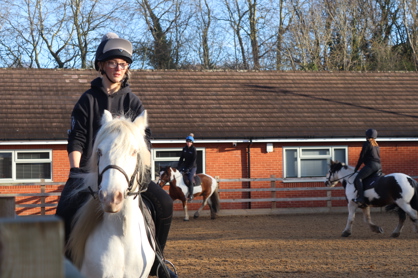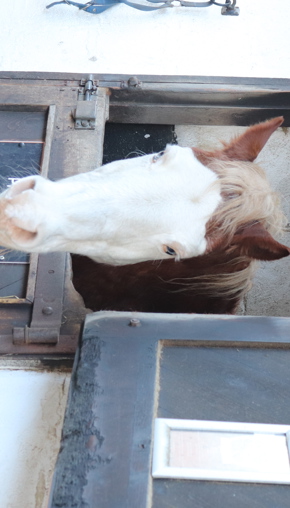
Equine Care - Level 3
Start Date: 1st September 2026

- Length 2 Years
- Study Full-Time
- Location Kidderminster College
Qualification Gained
Level 3 Advanced Technical Extended Diploma in Equine Management
More about the course
This qualification specialises in Equine Care and Management and is ideal for anyone who wishes to enter the equine industry in any capacity.
Building on the essentials of working with horses from the level 2 qualification, on this course you will focus on planning and carrying out stable yard operations, horse health care, feeding and nutrition fitting, evaluating tack and equipment, horses' biology and equitation science principles.
During the two year course, you'll acquire further practical skills such as working and exercising horses from the ground, horse presentation skills (grooming, clipping, trimming, and plaiting), and event management.


 How To Apply For a Course
How To Apply For a Course
 Work Experience - Student
Work Experience - Student
 Student Support
Student Support
 Levels Explained
Levels Explained



